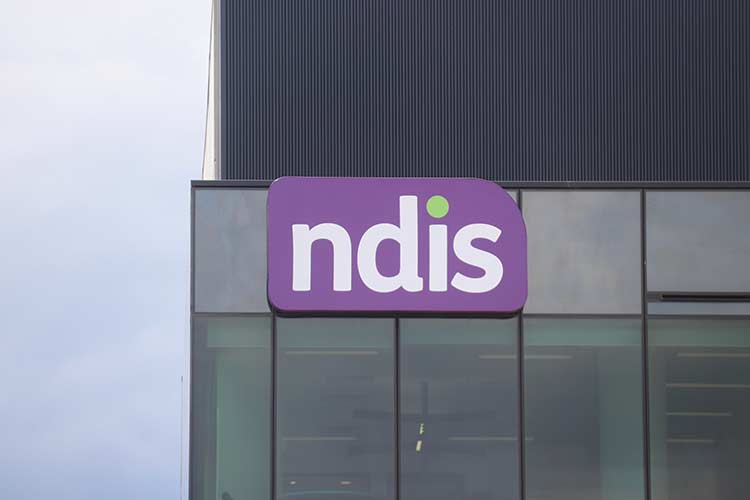In today's fast-evolving healthcare landscape, an effective Learning Management System (LMS) can play a pivotal role in improving quality care and operational efficacy, particularly in disability care. This article explores the roles, benefits, and essential features of a Disability Care LMS in the Australian healthcare system.
What is a Disability Care LMS?
A Learning Management System (LMS) designed for disability care is a specialised software platform that aids in delivering, tracking, and managing training programs for disability care workers. This kind of LMS is tailored to meet the needs of organisations that serve people with disability, offering features that align with regulations such as the National Disability Insurance Scheme (NDIS).

How can an LMS be used in Disability Care?
Providing Training for Disability Care Workers with an LMS
An LMS can offer a centralised hub for care worker training modules, from basic first-aid to specialised courses on handling various types of disabilities. Through online learning experiences, it fosters consistent learning and development among staff, irrespective of geographical locations. Given that disability care workers have an inherently mobile job, a web-based system is crucial as they are able to engage with learning without having to attend a physical premisis.

Supporting Disability Care Business Compliance with an LMS
Staying compliant is critical in the healthcare sector. An LMS can assist in this by providing up-to-date training materials that are aligned with regulations from the NDIS. Some LMS platforms also offer reporting features to track learner progress and training completion, aiding in audit processes.
What are the Pros and Cons of LMS in Disability Care
The Benefits of Using an LMS in Disability Care
| Benefit | Explanation |
|---|---|
| Streamlined Training Management | Easy scheduling and tracking of training modules. |
| Quality Care | Up-to-date, standardised training ensures high-quality care services. |
| Compliance | Automated features to help meet regulatory requirements. |
The Negatives of Using an LMS in Disability Care
While the benefits are numerous, there are challenges such as the initial costs of implementation and the need for ongoing technical support. Additionally, not all LMS platforms are designed with the specific needs of disability care services in mind.
What LMS Features to Look for in an LMS for Disability Care?
Does the LMS Help You Meet Disability Care Compliance Requirements?
Look for an LMS that offers content and features aligned with Australian standards and regulations like the NDIS. Compliance tracking and reporting should be straightforward and accessible.
Does an LMS Support Your Team of Disability Workers' Professional Development?
An ideal LMS should offer a range of learning experiences aimed at the holistic development of support workers. Look for options that offer both essential training and soft skills development like empathy and communication.
When selecting an LMS for disability care, considering these factors can lead to more informed decisions that promote effective learning and development, quality care, and regulatory compliance.
Further Resources
References
- Australian Commission on Safety and Quality in Health Care. (2019). National Safety and Quality Health Service Standards. Retrieved from https://www.safetyandquality.gov.au
- National Disability Insurance Scheme. (2021). About the NDIS. Retrieved from https://www.ndis.gov.au



